Albertus S. Wang
Prog. Dir. of MSAS|SD and Inst. Assoc. Professor
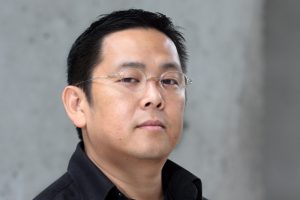
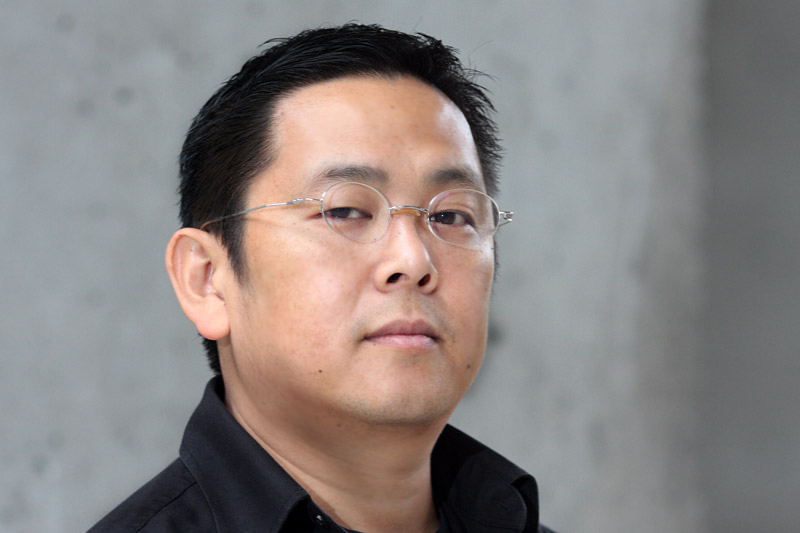
Albertus S. Wang
Prog. Dir. of MSAS|SD and Inst. Assoc. Professor
Albertus teaches graduate design studios and research methods. Additionally, he conducts seminars on sacred space, emphasizing the significance of meaning and interpretation in space and place-making. He also teaches seminars on adaptive reuse, viewing it as a modality of history writing through architectural design/intervention and as one of sustainable design strategies. Over the past twenty-five years, Albertus has contributed to a diverse range of built projects, both in the US and abroad, earning international and AIA awards and featured in various global design publications. His writing includes a 2021 publication co-written with Kalliope Kontozoglou, titled "The Navel of the Earth vs. the Imagination of Human Desire: Adapt-and-Reuse - Intervention, Insertion or Installation," and a 1995 paper on post-colonialism and orientalism, presented at the East-West Center, University of Hawaii in Manoa, titled "The Distribution of Powers in Post-Colonial Batavia/Jakarta." Albertus holds degrees from UF and Harvard, actively engaging in international collaborations,
Donna Cohen
Assoc. Professor and Dir. of Global Education
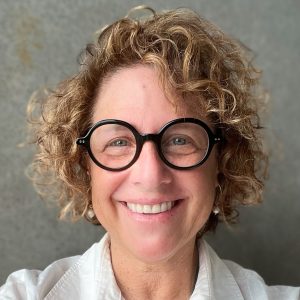
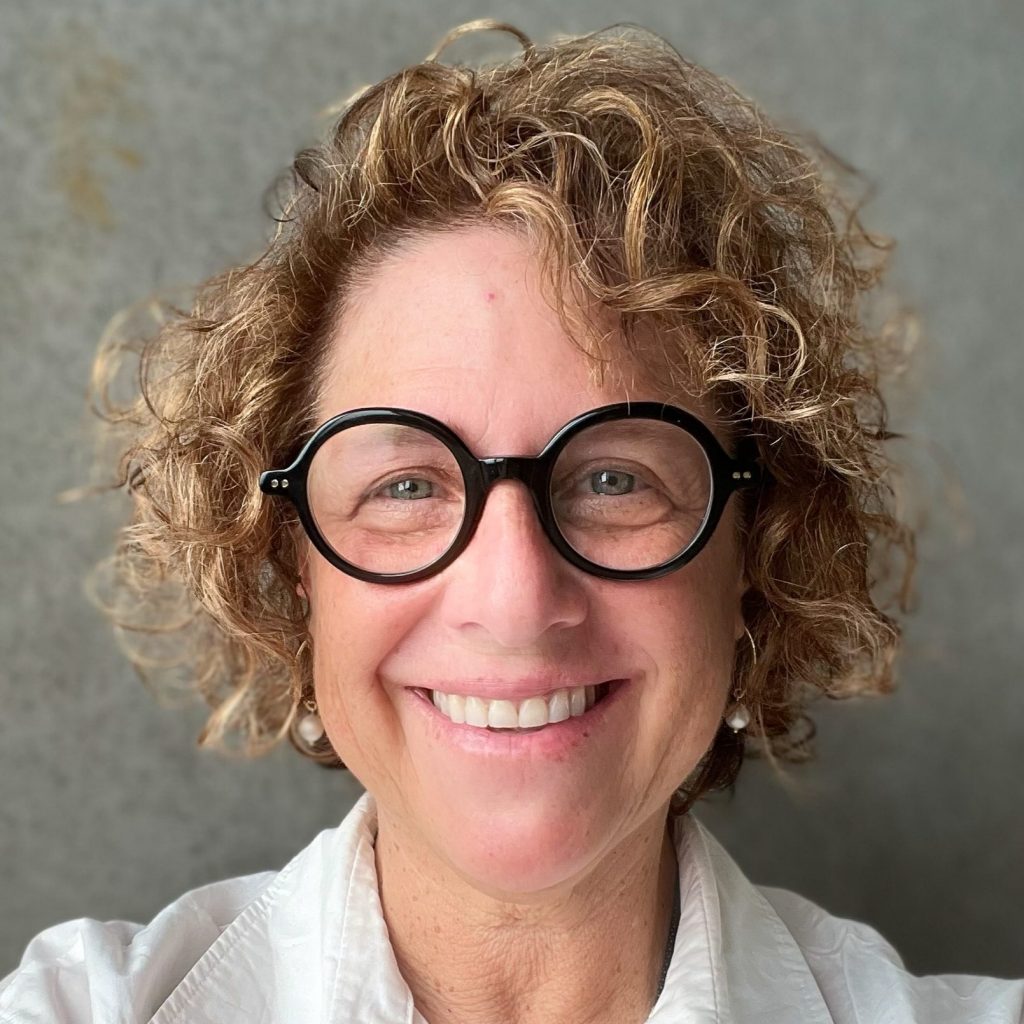
Donna Cohen
Assoc. Professor and Dir. of Global Education
Professor Donna Cohen's expertise and academic focus revolve around several key areas, including sustainability, where she imparts knowledge and guides students through the world of architectural design in the Sustainability Teaching Design Studio and Advanced Design Studio. Complementing her teaching endeavors, Professor Cohen also teaches Architectural Theory I & II, offering valuable insights into the theoretical underpinnings of the discipline. Research Interests focus on the interaction of built form and culture.
Michael Volk
Research Assistant Professor
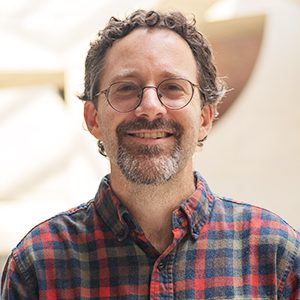

Michael Volk
Research Assistant Professor
Michael Volk is a Research Assistant Professor in the Department of Landscape Architecture, Associate Director of the University of Florida Center for Landscape Conservation Planning, and a Florida registered Landscape Architect (currently inactive). He has a Master’s Degree in Landscape Architecture from the University of Florida and a degree in Architecture from the Frank Lloyd Wright School of Architecture. Michael currently teaches courses in planting design, landscape management and ecology, environmental and ecological policy, and ecological issues and sustainability in collaboration with faculty in the Departments of Landscape Architecture and Urban and Regional Planning. Michael’s work with the Center for Landscape Conservation Planning (http://conservation.dcp.ufl.edu/) includes applied research with conservation partners throughout Florida on land use, regional conservation planning, and urban green infrastructure; the impacts of sea level rise on natural resources and coastal communities; and climate change adaptation strategies and information needs for landscape architecture students and professionals (https://dcp.ufl.edu/landscapechange/). Michael
Charlie Hailey
Professor
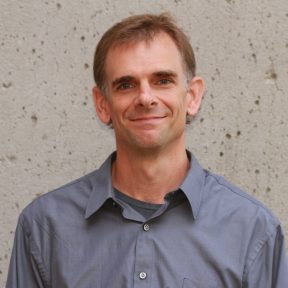

Charlie Hailey
Professor
Charlie Hailey is an architect, writer, and professor in the School of Architecture at the University of Florida. Hailey has received numerous awards and grants including a Guggenheim Fellowship, a Fulbright Scholarship, and a Graham Foundation grant. He has authored six books that bring multidisciplinary approaches to the built environment, and his newest The Porch: Meditations on the Edge of Nature (Chicago, 2021) explores the porch as method and place—an architecture where we can tune ourselves, sometimes ever so subtly, to the many changes around us. Timeless and timely, it is a book about the joy and gravity of places where inside and outside meet.
Hailey’s work focuses on emergent built environments. As a 2018 Guggenheim Fellow, Hailey continued to delve deeply into vital places like camps and porches to understand how climate, building, and community overlap in meaningful ways and how architecture and the humanities intertwine. Such places are liminal yet pivotal to knowledge, ephemeral yet fundamental
Nancy Clark
Assoc. Professor, and Dir. Ctr. for Hydro-gen. Urbanism (UF|CHU)
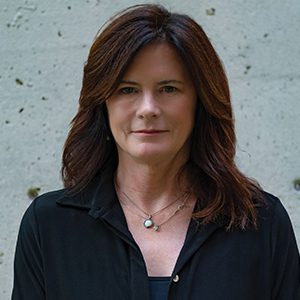

Nancy Clark
Assoc. Professor, and Dir. Ctr. for Hydro-gen. Urbanism (UF|CHU)
Areas of Focus: Sustainability (Building Energy, Built Environment Resilience, Renewable Energy, Sustainable Architecture and Design, Sustainable Construction, Sustainable Technology) My research focuses on sustainability and the built environment with a special focus on water-based cities and communities in Florida, the Caribbean, and beyond. Projects include watershed-based resilience plans that coordinate future land use with built environment risks and social vulnerabilities, green infrastructure, and urban retrofits. Bio: Nancy Clark is Director of the UF Center for Hydro-generated Urbanism (UF|CHU), an international initiative promoting prospective studies of adaptation, resiliency, environmental justice, and asset preservation of waterway cities. She also serves as Program Director for UF School of Architecture’s MSAS Master’s Degree Concentrations in Sustainability and Regenerative Practices. Clark teaches courses in architectural design, urban design, and resilience planning. Her interdisciplinary and collaborative project-based research in urban resilience and development for coastal and fluvial cities has been recognized internationally through exhibitions, awards and lectures presented globally including
Robert Ries
Professor
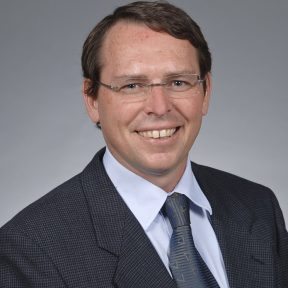

Robert Ries
Professor
Robert Ries is a professor with the M.E. Rinker, Sr. School of Construction Management. He graduated with a PhD in Architecture from Carnegie Mellon University. His specialization fields include Green Building, Sustainable Development, Life Cycle Assessment in the Construction Process. His areas of Focus: 1). Sustainability (Building Energy, Building Materials, Built Environment Resilience, Renewable Energy, Smart Buildings/Cities Sustainable Architecture and Design, Sustainable Construction, Sustainable Technology). The spatial dimensions of work range from assessing indoor environmental quality in spaces to modeling water resources regionally to modeling the potential for ground-level ozone formation nationally. The dimensions of interest range from the health and performance of people, life cycle pollution generation and resources, and life cycle financial performance, sometimes all at once, based on a foundation of ethics. Research indicates that of the range of environmental impacts we generally consider in sustainability and resilience, biodiversity has been impacted to the greatest extent, and in my
Bradley Walters
Assoc. Professor and Assoc. Dir. of Graduate Programs
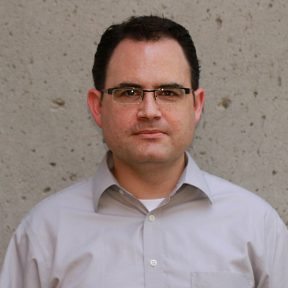

Bradley Walters
Assoc. Professor and Assoc. Dir. of Graduate Programs
Bradley Walters, AIA earned his Master of Architecture degree from Princeton University and a Bachelor of Design in Architecture with Highest Honors from the University of Florida. He has studied and taught at the Vicenza Institute of Architecture in Vicenza, Italy. His current research is centered on high-performance zero-energy buildings, within a broader context of social, artistic, and cultural production. This work engages building science, thermal/energy modeling, climatic responses, and materiality. Secondary areas of research include teaching methods, pedagogy, and visual communications. He has presented at numerous national and international conferences, including the European Architectural Envisioning Association, National Conference of the Beginning Design Student, and the Design Communication Association.
Martin Gold
Associate Professor
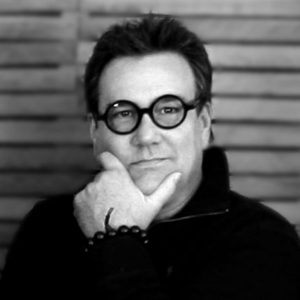
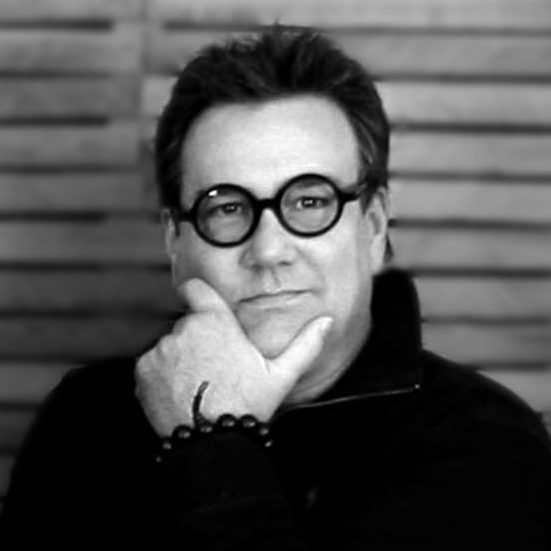
Martin Gold
Associate Professor
Professor Gold has over twenty-five years of engagement in architectural design, teaching, and research with a focus on the interrelationships among architecture, ecology, culture, and resource stewardship at urban and residential scales. He currently leads funded research-based design projects and is a founding member of the Florida Resilient Community Initiative (FRCI) at the UF College of Design Construction and Planning. His work and publications explore ecologically responsive design and sustainable living in coastal communities underpinned by the critical need for integrating resiliency, mobility, and aesthetics toward emergent urban forms. His research is both academic and applied through his small award-winning architecture firm – Martin Gold Architects. He is a registered architect in Florida; holds an NCARB certification; and is a Fellow of the American Institute of Architects. https://martingoldarchitects.com.
As a member of the Doctoral Research Faculty, he supervises doctoral and master’s degree seeking students. He leads undergraduate and graduate design studios
Ravi Srinivasan
Professor and Dir. of Graduate Prog. & Research
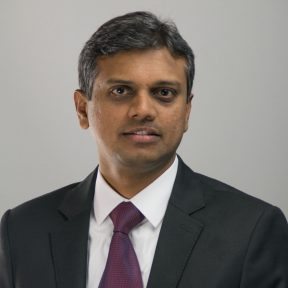

Ravi Srinivasan
Professor and Dir. of Graduate Prog. & Research
Ravi Shankar Srinivasan, Rinker School Holland Professor and UF Full Professor, holds M.S. degree in Civil Engineering from University of Florida; and M.S. and Ph.D. degrees in Architecture (Building Technology) from the University of Pennsylvania. He is an external faculty collaborator at the Center for Environmental Building & Design, School of Design, University of Pennsylvania. He is a Certified Energy Manager, LEED Accredited Professional, Green Globes Professional, and FAA Drone Pilot. He is the Director of UrbSys (Urban Building Energy, Sensing, Controls, Big Data Analysis, and Visualization) Lab; http://urbsys.org/.
Dr. Srinivasan has published one book as a lead author titled, “The Hierarchy of Energy in Architecture: Emergy Analysis,” Routledge and co-edited a book titled, “Smart Cities: Foundations, Principles, and Applications,” John Wiley & Sons Inc. His research has been disseminated as high-quality technical articles that has gained several citations globally. He also has two provisional patents in the U.S. Patent and
Nawari Nawari
Professor and DCP Diversity Officer
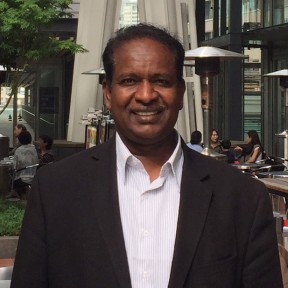

Nawari Nawari
Professor and DCP Diversity Officer
Dr. Nawari has more than twenty-five years of experience in design, teaching, and research in Architectural Structures and Building Information Modeling (BIM). Currently, he teaches graduate and undergraduate Architectural Structures, Sustainability and Resilience, and Building Information Modeling courses at the University of Florida. Dr. Nawari has written and co-authored over 120 publications and six books as well as advised more than 75 Master and Ph.D. Students. He is a frequent contributor to and invited speaker at national and international conferences. He has contributed to the design profession with several innovations (e.g., the Structure and Architecture Synergy (SAS) Framework and the Generalized Adaptive Framework (GAF)) and during his career. Nawari’s works open the door to new paradigms in teaching and designing building structures using the Structure and Architecture Synergy (SAS) Framework. Also, his research in BIM standardization has led to significant advancement of BIM standardization, particularly in the built environment. Moreover,
Basil Iannone
Associate Professor


Basil Iannone
Associate Professor
Basil Iannone is an associate professor in forest resources and conservation and specializes in geospatial analysis of sustainable and resilient land development. He is also a member of the Sustainability Human and Ecological Development group. The human population growth projected for Florida and elsewhere is likely to result in increased land use change and development, potentially leading to negative impacts on both the availability of important resources such as water and on the ability of remnant natural areas to function and provide ecosystem services. Dr. Iannone's research and extension programs utilize geospatial tools, as well as other analytical and interdisciplinary approaches, to address this complex issue. The goal of his programs is to devise and promote real-world strategies to: (1) mitigate the negative environmental impacts of current and future land development and (2) design, construct, and manage urban and residential landscapes to support greater levels of biodiversity and ecological functionality. Dr. Iannone
Kathryn Frank
Associate Professor
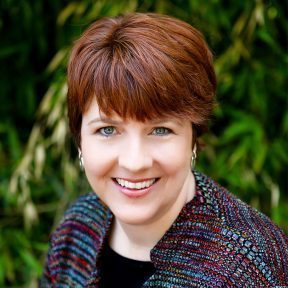

Kathryn Frank
Associate Professor
Kathryn Frank earned her Ph.D. in City and Regional Planning from the Georgia Institute of Technology in 2009. She earned a Master’s Degree in City and Regionally Planning and Community and Regional Planning from the University of Oregon in 2000. She earned her Bachelor’s Degree in Chemical Engineering from the Georgia Institute of Technology in 1994. In 1988, she received her Bachelor of Science Degree in Mathematics from the University of Georgia.
Dr. Frank’s areas of expertise focuses on innovative planning approaches that are simultaneously integrative, adaptive, and ethical. Examples of these approaches are: connecting science to public decision making, public engagement to build civic capacity, rural and regional planning, and university-based action research. Her research interests include environmental and natural resources planning; ecosystem, watershed, and regional governance; collaborative decision making and public participation; sustainability and social learning; climate change and sea level rise adaptation planning; and rural planning.
Nam-Kyu Park
Associate Professor
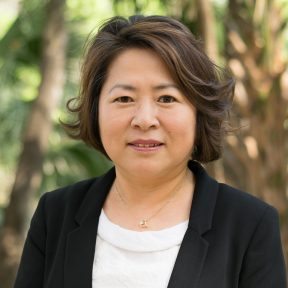

Nam-Kyu Park
Associate Professor
Nam-Kyu Park is an Associate Professor in the Department of Interior Design. She is a LEED accredited professional and NCIDQ certified interior designer. Also, she possesses Evidence-based Design accreditation (EDAC), and a LC-Lighting Certificate. She teaches a broad range of coursework at both the undergraduate and graduate levels, from design studios focused on retail, hospitality, health care and office environments, to interior lighting design, building systems, interior design detailing, and graduate research seminars. Her research focuses on optimizing well-being, health, and human behavior through the design of the built environment. Theories of environment-behavior and social psychology thread together in her research program using a mixed methods research design. Her principle areas of research address the impact of lighting in interior environments and environmental design for special needs populations. She also examines cultural dimensions of the built environment defining environmental and social sustainability. The scholarship of Dr. Park and her students
Tom Hoctor
Research Associate Professor
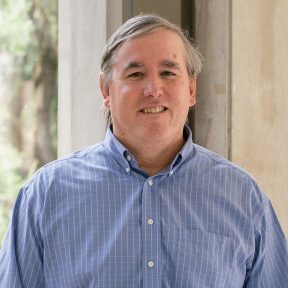

Tom Hoctor
Research Associate Professor
Tom Hoctor is director of the Center for Landscape Conservation Planning at the University of Florida. He has an undergraduate degree in History and Science from Harvard University and a Masters and Ph.D. in Conservation Biology and Landscape Ecology from the University of Florida.
Dr. Hoctor is an expert on GIS applications for identifying conservation priorities and implementation actions for maintaining biodiversity and ecosystem services including focal species habitat modeling, reserve design, wildlife corridors, recommendations for expanding protected lands to address climate change impacts, and conservation strategies for ensuring effective conservation in a future with continuing conflicts with land use change and habitat loss. He has served as principal or co-principal investigator on many regional-scale conservation analysis and planning projects in Florida and the U.S. His current projects include the Florida Ecological Greenways Network and Florida Wildlife Corridor, the Critical Lands and Waters Identification Project, the Identification of Florida Air Force
Bahar Armaghani
Lecturer & Director of SBE Prog.
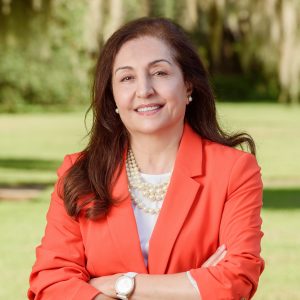
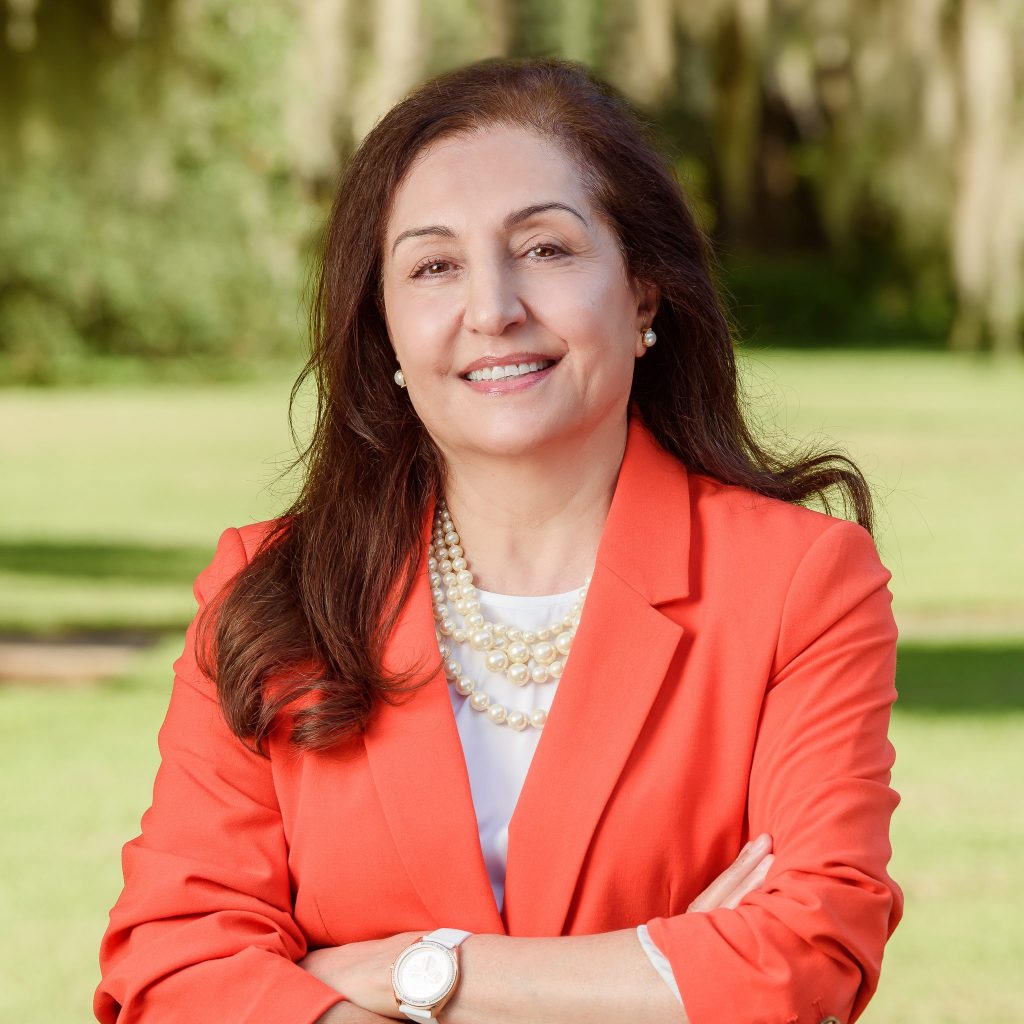
Bahar Armaghani
Lecturer & Director of SBE Prog.
Bahar Armaghani, Director of the Sustainability and the Built Environment (SBE) Program and Lecturer at the University of Florida's College of Design, Construction, and Planning (DCP), is a key figure in advancing sustainability initiatives. As the Director of UF Green Building Learning Collaborative (GBLC), she introduced and oversees the LEED Lab, allowing students to contribute significantly, achieving LEED V4.1 EB: O+M Gold certification for an on-campus building. With over 135 managed LEED projects, including 13 Platinum certifications, Bahar's leadership saved the university over $6 million. As one of the first three LEED Fellows in Florida, she has played a vital role in USGBC, serving on committees and contributing globally to green building practices. Beyond her university role, Bahar has been instrumental in introducing green building concepts internationally, including in Jordan, Republic of Georgia, and Iraq (Kurdistan), where she recently established the Kurdistan Green Building Interest group. She holds an MS
Ruth L. Steiner
Professor and Dir. of Ctr. for Health and the Built Environment
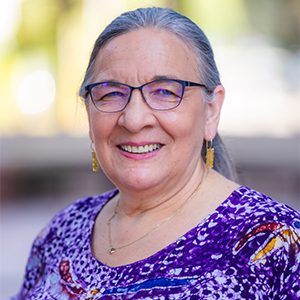

Ruth L. Steiner
Professor and Dir. of Ctr. for Health and the Built Environment
Ruth L. Steiner, Ph.D. is a professor and director of the Center for Health and the Built Environment in the Department of Urban and Regional Planning and an affiliate faculty in the School of Natural Resources and Environment (SNRE) and the Transportation Institute (UFTI) at the University of Florida. Her research focuses on the coordination of transportation and land use, with a particular focus on planning for all modes of transportation and its impact on communities, the environment, and public health. Her current research is on the impact of school siting, school transportation and land development patterns on children’s travel, transportation and aging, the changing pattern of travel among millennials, impacts of new transportation technologies on transportation systems, equity in planning, and the incorporation of risk into long-range transportation planning. She is co-author of Energy Efficiency and Human Activity: Global Trends and Prospects (Cambridge University Press,
William Tilson
Professor Emeritus


William Tilson
Professor Emeritus
William L. Tilson is Professor Emeritus of Architecture. Since 1992, he has been the Director of the Preservation Institute: Caribbean (PI:C), the College’s off-campus program in the Caribbean Basin and Latin America. Tilson has been lead researcher and consultant on numerous documentation and planning projects for historic sites and communities throughout the region including locations in Antigua, Barbados, Yucatán, Jamaica, Miami and Fernandina.
Professor Tilson teaches design studios at all levels, design theory seminars, preservation coursework, and mentors’ students on masters’ research projects and Ph.D. dissertations. He is a member of the United States International Council on Monuments and Sites sub-committees on Historic Towns and Historic Landscapes and serves on the Board of Trustees of the Amelia Island History Museum. His research focuses on the impact of new architecture and public space in historic rural and seacoast towns.
Dan Williams, FAIA
Guest Lecturer


Dan Williams, FAIA
Guest Lecturer
Daniel E. Williams, is a Seattle author and practicing architect and planner. He is an internationally recognized expert in sustainable architecture and urban and regional design. He served as 2006 chair of the National AIA’s Sustainability Task Group and was a member of the national advisory council for United States Environmental Protection Agency, EPA – NACEPT. Mr. Williams has been an invited speaker and held workshops at national conventions for AIA, APA, ASES, ASLA, AWRA, CNU, ULI, and USGBC. He participated in the development of the Council of Mayor’s 2030 resolution; he presented Watershed Planning Initiatives for the Center for Neighborhood Technologies in Chicago; wrote and directed the AIA/EPA grant – Conference on Water + Design in Washington D.C.; and co-authored the Barcelona Declaration of Sustainability for UIA. In 2003 he chaired the National Committee on the Environment -COTE – for the American Institute of Architects and chaired the
Michael Kung
Acting Director at the Office for Global Research Engagement
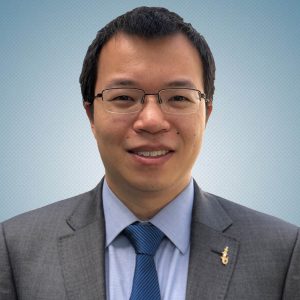
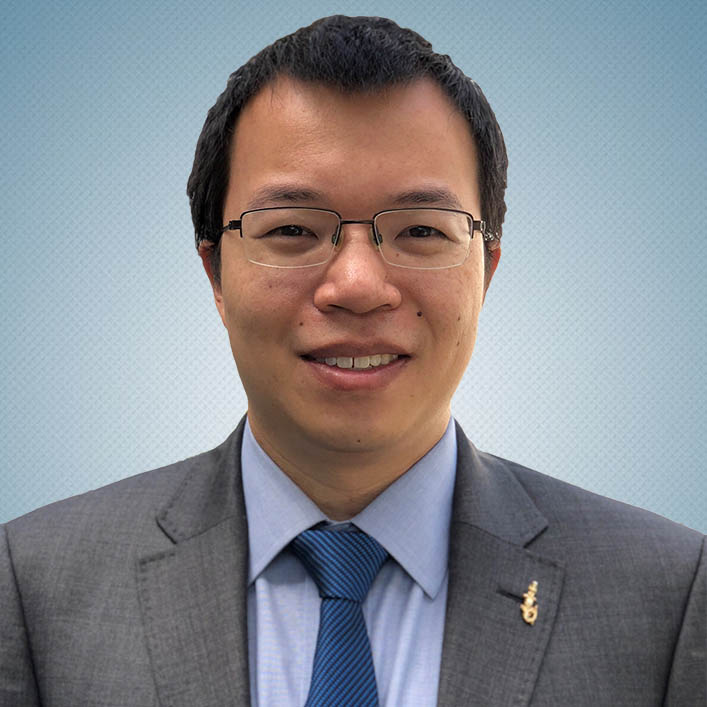
Michael Kung
Acting Director at the Office for Global Research Engagement
Dr. Kung is the Acting Director at the Office for Global Research Engagement, having joined the International Center in February 2023. Prior to this, he served as Director of Global Education and the Program Director for the Sustainable Design Master’s program at the College of Design, Construction and Planning at the University of Florida. He is a triple gator, having completed his bachelors, masters, and doctorate all at the University of Florida. His research interests include international education and culture and educational technology, as well as sustainability and historic preservation. Much of his research and international experience comes from regularly traveling to countries in Asia, such as Taiwan, South Korea, Indonesia, China, and Singapore, as well as the MENA region. Dr. Kung has published and presented in North America and Asia and also serves as a guest reviewer for multiple international journals.